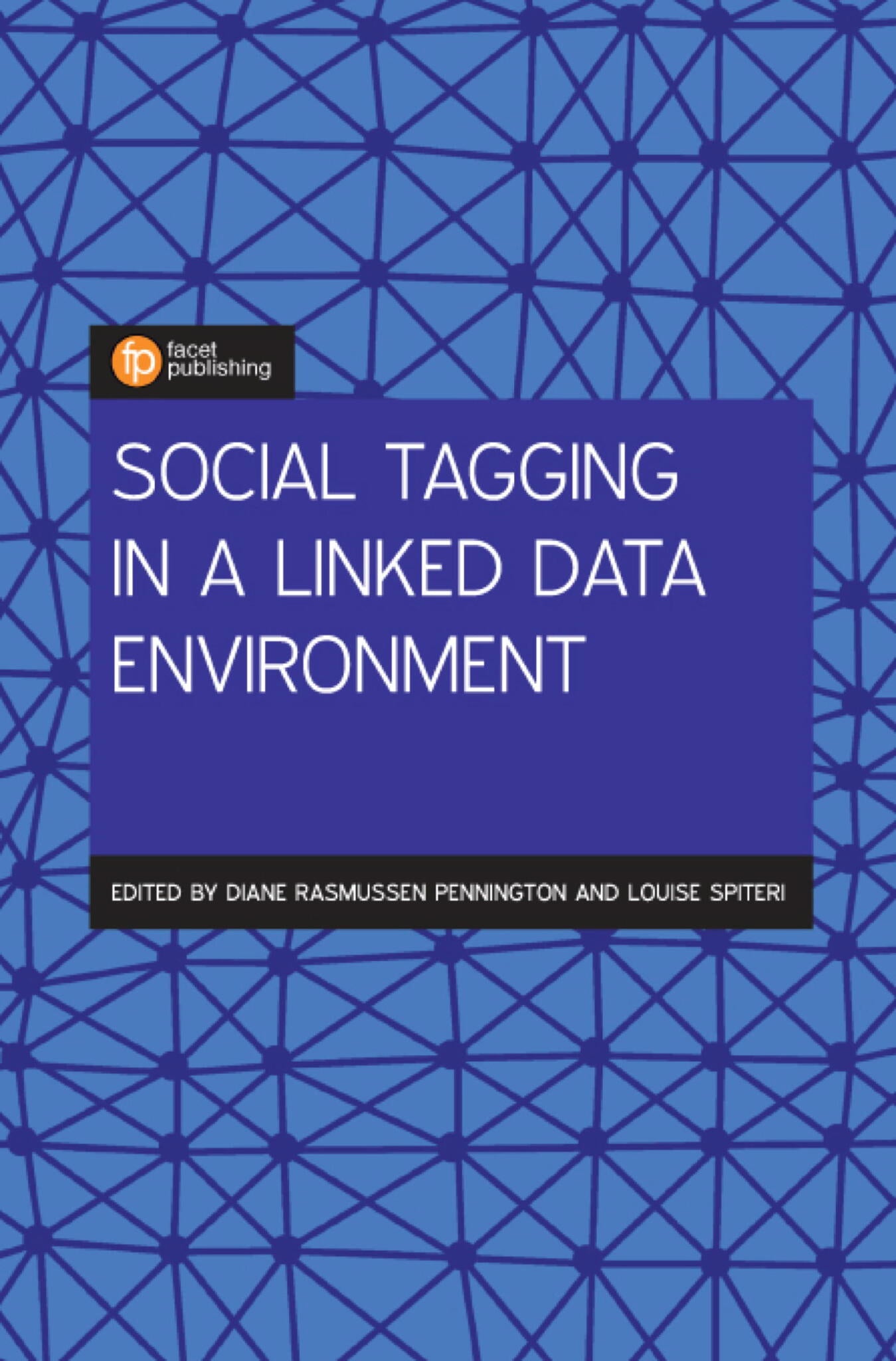We're sorry. An error has occurred
Please cancel or retry.
Social Tagging in a Linked Data Environment

Some error occured while loading the Quick View. Please close the Quick View and try reloading the page.
Couldn't load pickup availability
- Format:
-
30 November 2018

Social tagging (including hashtags) is used over platforms such as Twitter, Facebook, Instagram, Pinterest, WordPress, Tumblr and YouTube across countries and cultures meaning that one single hashtag can link information from a variety of resources. This new book explores social tagging as a potential form of linked data and shows how it can provide an increasingly important way to categorise and store information resources.
The internet is moving rapidly from the social web embodied in Web 2.0, to the Semantic Web (Web 3.0), where information resources are linked to make them comprehensible to both machines and humans. Traditionally library discovery systems have pushed information, but did not allow for any interaction with the users of the catalogue, while social tagging provides a means to help library discovery systems become social spaces where users could input and interact with content.
The editors and their international contributors explore key issues including:
- the use of hashtags in the dissemination of public policy
- the use of hashtags as information portals in library catalogues
- social tagging in enterprise environments
- the linked data potential of social tagging
- sharing and disseminating information needs via social tagging.
Social Tagging in a Linked Data Environment will be useful reading for practicing library and information professionals involved in electronic access to collections, including cataloguers, system developers, information architects and web developers. It would also be useful for students taking programmes in library and Information science, information management, computer science, and information architecture.

LANGUAGE ARTS & DISCIPLINES / Library & Information Science / Digital & Online Resources, Information retrieval and access, COMPUTERS / System Administration / Storage & Retrieval, COMPUTERS / Web / Site Directories, COMPUTERS / Internet / Social Media, COMPUTERS / Internet / User-Generated Content, LANGUAGE ARTS & DISCIPLINES / Library & Information Science / General, LANGUAGE ARTS & DISCIPLINES / Library & Information Science / Cataloging & Classification, IT, Internet and electronic resources in libraries, Bibliographic and subject control, Data science and analysis: general, Information retrieval, Databases and the Web, Privacy and data protection

Contents
List of figures and tables
Contributors
1 Introduction: the continuing evolution of social tagging Diane Rasmussen Pennington and Louise F. Spiteri
2 Tagging the semantic web: combining Web 2.0and Web 3.0 Laura Cagnazzo
3 Social tags for linked data with Resource DescriptionFramework (RDF) Sue Yeon Syn
4 Social tagging and public policy Ryan Deschamps
5 Hashtags and library discovery systems Louise F. Spiteri
6 Social information discoverability in Facebook groups:the need for linked data strategies Laurie Bonnici and Jinxuan Ma
7 #FandomCommunication: how online fandomutilises tagging and folksonomy Max Dobson
8 Keys to their own voices: social tags for a dementiaontology as a human right Diane Rasmussen Pennington
9 Social tagging and the enterprise: an analysis ofsocial tagging in the workplace Sanjay Khanna
10 Use and effectiveness of social tagging recommendersystems Kishor John



